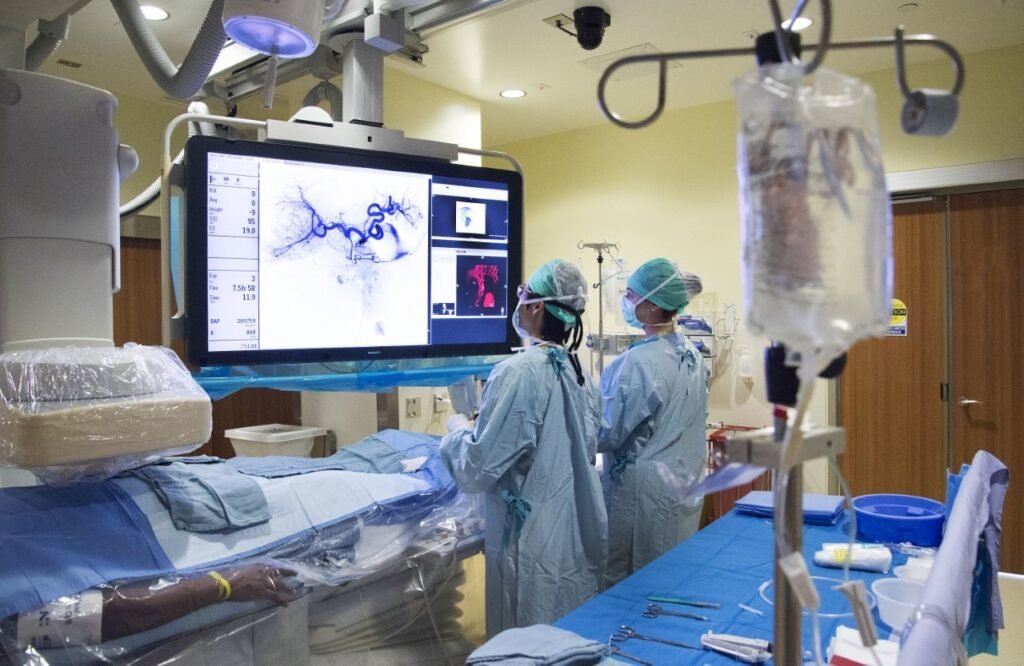Radiological Procedures (Barium Studies, IVU/MCU/RGU / HSG)
we offer Digital X-Ray & Procedures using the latest technology to deliver fast, accurate imaging that helps diagnose a wide range of medical conditions. Digital X-ray is a quick, non-invasive, and painless test that uses low doses of radiation to produce high-quality images of the inside of the body, including bones, joints, and soft tissues.

Types of Radiological Procedures We Offer
Barium Studies
Used to evaluate the esophagus, stomach, small intestine, and colon. Barium coats the lining of the digestive tract, making abnormalities visible on X-ray.IVU (Intravenous Urography)
Examines the kidneys, ureters, and bladder using an injected contrast dye to detect kidney stones, tumors, or urinary tract abnormalities.MCU (Micturating Cystourethrogram)
Assesses the bladder and urethra during urination to detect reflux, blockages, or urinary abnormalities.RGU (Retrograde Urethrogram)
Evaluates the urethra for strictures or injuries using a contrast dye inserted through the urethra.HSG (Hysterosalpingography)
Examines the uterus and fallopian tubes, commonly used in infertility evaluations to check for blockages or abnormalities.
Symptoms That May Require These Procedures
Difficulty swallowing or chronic heartburn (Barium Studies)
Blood in urine, recurrent urinary infections, or kidney pain (IVU, MCU, RGU)
Painful urination or urinary retention (RGU, MCU)
Difficulty conceiving or history of miscarriages (HSG)
Unexplained abdominal pain, constipation, or diarrhea (Barium Studies)
Common Uses of These Procedures
Diagnose structural abnormalities in the digestive and urinary tracts
Identify tumors, strictures, stones, or blockages
Evaluate kidney and bladder function
Investigate infertility or recurrent miscarriages
Assess the cause of gastrointestinal or urinary symptoms
Monitor post-surgical healing or treatment outcomes
How to Prepare for Your Procedure
Barium Studies: You may need to fast for several hours; your doctor will give you specific instructions.
IVU: Drink plenty of fluids; you may be asked to avoid certain medications.
MCU/RGU: No special preparation, though you may need to arrive with a full bladder.
HSG: Ideally done after your period but before ovulation; your doctor may prescribe antibiotics.
Always inform the doctor if you are pregnant, allergic to contrast dye, or have kidney problems.
What to Expect During the Procedure
You will be positioned on an X-ray table.
A contrast agent (barium or iodine-based dye) will be given orally, rectally, or via injection or catheter, depending on the test.
The radiologist will take X-ray images in different positions.
You may be asked to hold your breath or change positions during the scan.
Most procedures are completed within 30–60 minutes.
After the test, you can usually resume normal activities, though you may be advised to drink extra fluids.
Reasons for These Procedures
Unexplained abdominal or pelvic symptoms
Urinary or bowel complaints
Infertility evaluation
Follow-up after surgery or treatment
Confirming or ruling out certain conditions like tumors, strictures, or reflux
